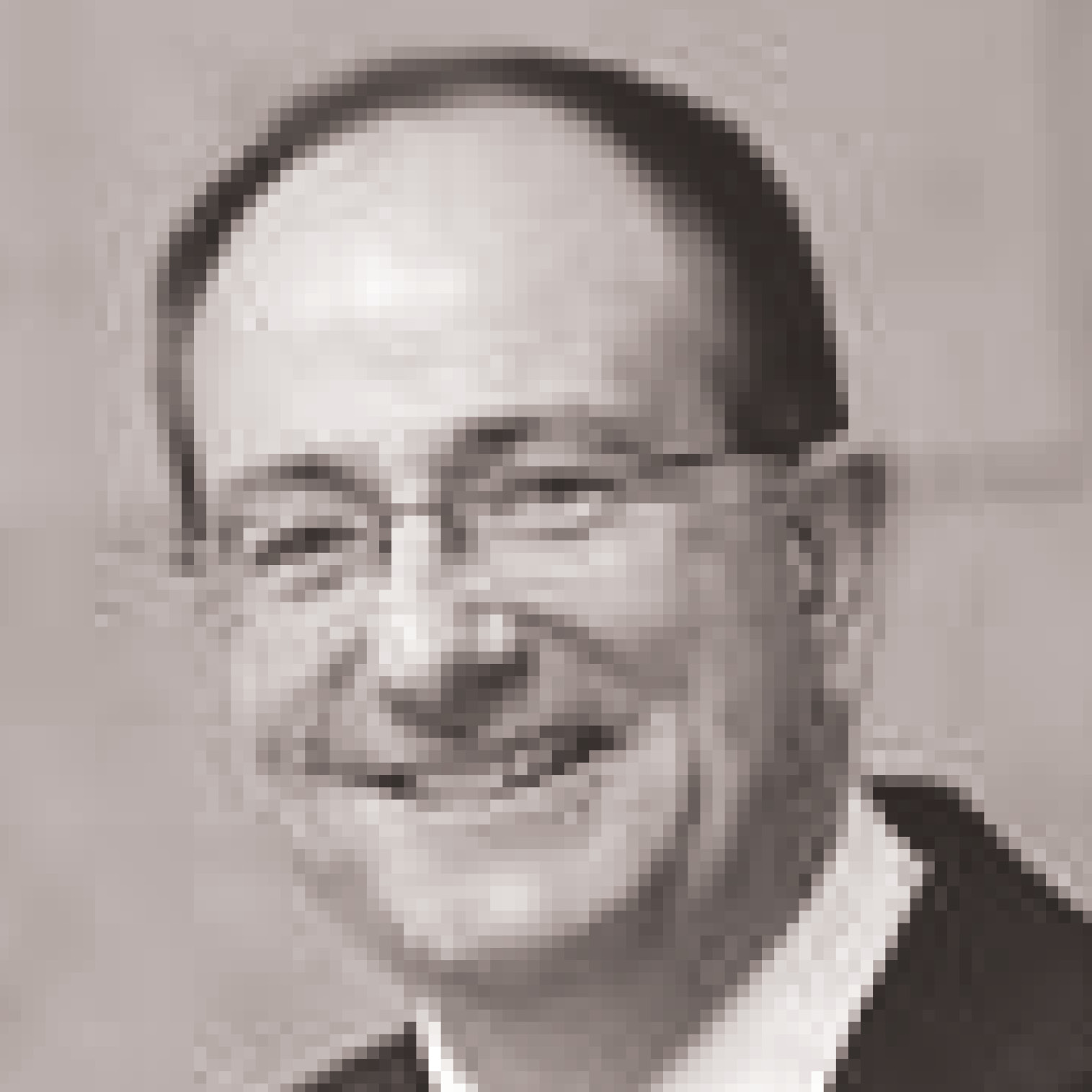Professional Scepticism by Brendan Lenihan
Accountancy at the crossroads of science, art and psychology
Surprisingly this isn’t an article focusing mainly on fraud, it is as much -if not more – about avoiding serious mistakes for your business or practice. It is more relevant, in my view, for business leaders, company directors, Audit & Risk committee chairs and CFOs as it is for auditors.

But eventually when the full scandal explodes and we reflect on what has happened, everyone asks how come we didn’t really understand the importance of the issue or the full context of the data that was there in plain sight?
Why didn’t we make the right connections and linkages, until that last piece of data/evidence? For all our education and training, why didn’t we see it and ‘call it’ earlier?
Much of the problem we now know, lies in our psychology and in particular our cognitive biases, our tendency to systematically make mistakes.
When I look at the common characteristics that define professional scepticism, it is no surprise that most of these relate to the ‘headset’ and psychology we bring to our work. These should include a questioning mind; autonomy or independence of mind; sufficient self-esteem to challenge assumptions and resist pressure; a desire to search for knowledge and corroborate information and to suspend judgment until appropriate evidence is obtained; a flexibility in terms of approach and mindset.
In recent years we have added the importance of understanding that people’s motivations and perceptions may lead them to provide biased or misleading information, even when they have the very best of intentions.

In my practice I work with Boards, Audit & Risk Committees and management teams to make better decisions and avoid big mistakes. As an Audit & Risk Chair I get to have a front-line seat in applying these solutions in practice.
In business, like many other walks of life, some folks will lie and deceive and just say what it takes to get to the next level. But most stories of business demise are not like that, there are usually tales (at least initially) of bad decisions and misjudgements, many rooted in our brain where the decision was made.
That is why accountancy standard setting bodies are pouring huge resources into the area of repurposing professional scepticism for a new era. There are some references at the end of this article to some interesting pieces of work.
Beware. Applying this new version of professional scepticism isn’t all sweetness and light. It rallies us to reinforce core ethical values around objectivity and independence, but to do so with modern levels of agility. It also paints against the grain of some cultural norms in the way we do business, particularly in Ireland.
Like optimism. Of all locations we ought to learn the lesson of the global financial crisis. Good people on good boards in top companies made really poor decisions. Why? The consensus is now focused on how disastrous decisions contained a level of optimism and overconfidence, unjustified by the facts.
Professional scepticism is one of the vital response tools to puncture the collective overconfidence that is an almost inevitable prospect when we ask humans to make important decisions in groups.
Using these new tools paints against the grain of exuberant optimism, cheerleading of management teams and levels of trust (sometimes bordering on gullibility) that can occasionally sail into public view in Irish business culture. Sometimes the ‘trust card’ can be played to top up weak or middling evidence that is put before professional accountants. Or even at a more basic level, to shore up a clear assumption that top management ‘knows all’ in terms of what happens in an organisation. As organisations grow increasingly complex, logically this is less likely to be the case.

But in being sceptical, you will be faced with the inevitable push back around the board table – “A stopped clock is right twice a day”; “Come on, a Business Plan is a plan to succeed, not a plan to fail”. The appropriate response should draw on another vital area – risk management tools, how you should address the effect of uncertainty on reaching your objectives.
Emphasise asking the right questions and a focus on quality rather than quantity. For example, when faced with a large population of data how many times do we calculate the median (usually a more reliable measure) as opposed to the ‘average’. (The median number of legs on humans is two. If you calculate the average number of legs attached to humans, it is certainly less than two!)
Strengthen your Audit & Risk Committee and Board, who should stand back and have oversight of these areas. This is the often overlooked ‘G’ in ESG reporting (Environmental, Social and Governance).
Use the best tools (for example data analytics) to see the whole population of data points, not just a sample. That is eminently possible these days.
Update your skills on areas like cognitive bias, critical thinking, data analytics. If you are qualified more than 10 years, educate yourself in ground-breaking advances in psychology and behavioural economics.
Promote a culture of healthy scepticism. Where you produce or consume ‘flash’ measures (like RAG reports – ‘Red Amber Green’ or ‘Traffic Light’ reports) adopt a practice of looking out for “watermelons” – measures that are green on the outside but when you dig into them turn red!
Put into practice the importance of diversity in your teams. Different personality types, different backgrounds, ways of thinking. Embrace areas like gender, social class, refugee status, neuro status and other forms of diversity and listen to what follows.
Learn the skills of mediating or managing conflict – this isn’t necessarily going to be easy.
These are a few of the bridgeheads to the new skills of the future for professional accountants.
Is professional scepticism innate or can it be learned, or indeed planned in to work packages? In my experience it is certainly easier for certain personality types. For the rest of us it is a way of thinking that is vital to success as a professional accountant, and added to by experience. In all cases it is much easier when understanding the principles of “Thinking Fast, Thinking Slow”.
Often the key to success as an accountant is beating low expectations – people expect us to be miserable, mean and depressing people to be around. So it was with trepidation that I offer this article on professional scepticism.
In reality, the changes afoot in this area truly deserve a mini-series on Netflix, drawing on Nobel prize winning advances in the areas of psychology and behavioural economics to shape some timely improvements in our professional practice as accountants. Now that’s an idea that will be met with scepticism.
